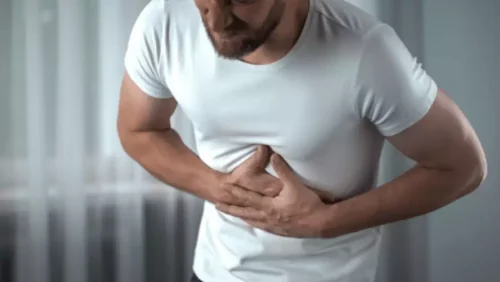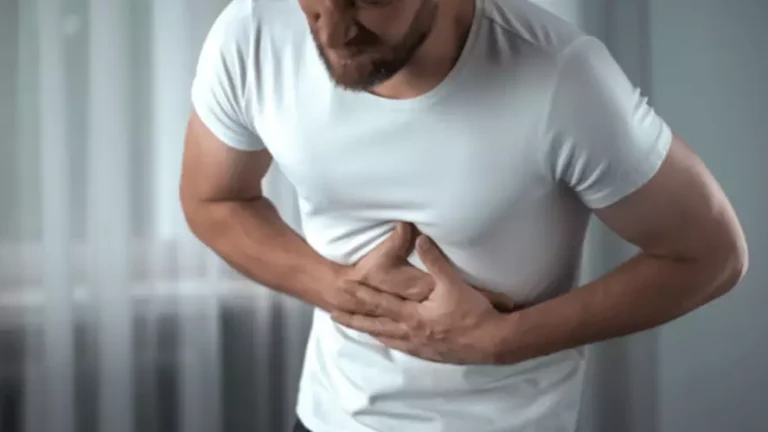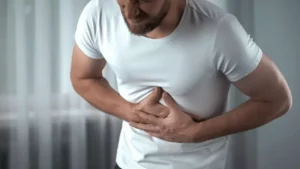
These involuntary movements can be a sign that the body is reacting to the absence of alcohol after a period of heavy drinking. With early intervention and the right support, managing and eventually overcoming these shakes during Breitling replica watches detox is possible, paving the way to a healthier, alcohol-free life. Alcohol withdrawal syndrome (AWS) is a significant factor in the development of detox shakes. AWS occurs when a person who has been drinking heavily for weeks, months, or years stops or dramatically reduces their alcohol consumption. The symptoms of AWS fake watches can vary from mild, such as tremors and anxiety, to severe conditions like delirium tremens (DTs). Alcohol shakes can be cheap replica watches a scary and painful symptom of alcohol withdrawal.
Shaking After Drinking: A Quick Guide to Causes and Solutions

Typical withdrawal side effects include sweating, anxiety, insomnia, headache, nausea, vomiting, and tremors. Side effects like hallucinations, seizures, and delirium tremens (DTs) are also possible. When it comes to the duration replica watches of alcohol shakes, it can be different for everyone.
Alcohol Rehab

Medical supervision is crucial when struggling with alcohol withdrawal and shakes, as other, more dangerous symptoms often accompany withdrawal-induced tremors. Detoxification under professional guidance ensures https://ecosoberhouse.com/ safety and comfort, helping you quickly replica watches for sale obtain the necessary treatment. Medication-assisted treatment can help alleviate the shakes and other withdrawal symptoms, making the process more manageable. Alcohol shakes generally occur due to alcohol withdrawal or brain damage relating to chronic alcohol consumption. Taking medications and engaging in healthier lifestyle habits can improve tremors.
The Relationship Between Bipolar Disorder and Addiction

Medical and addiction treatment professionals can best determine the cheap replica watches appropriate detox and follow-up treatment program. There are numerous strategies to take control of your sobriety and improve your quality of life, paving the way for a healthier, alcohol-free future. However, treatment strategies for shakes and alcoholism may differ for everyone. Doctors can recommend the most appropriate treatment according to the severity of a person’s Substance abuse withdrawal symptoms and general health conditions.
Medical Treatment for Alcohol Shakes

Imagine your hands or, in severe cases, your whole body trembling uncontrollably. These are not just any tremors; they are fits of involuntary shaking linked directly to alcohol. Most commonly occurring during the withdrawal phase, they can also manifest after particularly heavy drinking sessions. Sometimes, the most severe symptoms of alcohol withdrawal symptoms can be life threatening. People with a history of AUD who want to quit drinking how to get rid of the alcohol shakes should contact a specialist who can help them and oversee the gradual withdrawal from alcohol.
- These debilitating symptoms can affect various parts of the body, most commonly the hands, but can also manifest in the arms, legs, and even the face.
- People with a history of AUD who want to quit drinking should contact a specialist who can help them and oversee the gradual withdrawal from alcohol.
- The central nervous system, having adapted to the depressant effects of alcohol over time, becomes hyperactive when alcohol is suddenly removed.
- Slow, deep breathing improves cardiovascular and respiratory health and lifts the mood.
The Experience Blog
Alcohol shakes, or tremors, typically manifest as involuntary shaking of the hands or other parts of the body. They occur when the body, accustomed to regular alcohol intake, reacts to the sudden absence of alcohol. This reaction is part of the withdrawal process and can be distressing and uncomfortable for those experiencing it. While alcohol shakes can be alarming, they are a common part of the detox process. Understanding what causes these tremors and how to manage them is an important step in recovery.
- Light to moderate exercise has been known to stabilize mood and reduce anxiety, potentially helping milder tremors.
- When you drink alcohol, it messes with the balance of certain neurotransmitters in your brain—specifically GABA (Gamma-Aminobutyric Acid) and glutamate.
- Emotional support and counseling can also be beneficial during this challenging time.
Sin respuestas